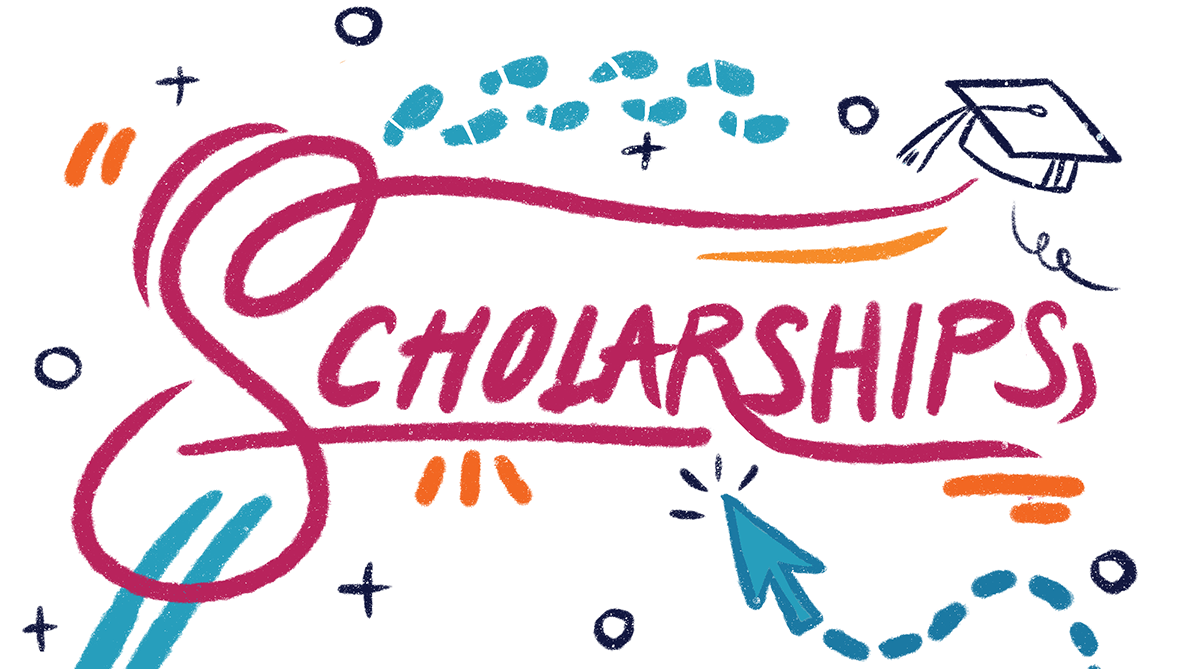The best source of funding for students to study abroad is Intergovernmental scholarships. These are the scholarships in accordance with the bilateral and trilateral intergovernmental and intermenstrual agreements on co-operation in education and science between two or more governments or nations, or between levels of the same government. Most of these scholarships are full scholarships and become suitable for a student to study abroad peacefully.
Below are the common intergovernmental scholarships for students from developing countries.
British Chevening Scholarships
Chevening Scholarships are the UK government’s global scholarship programme, funded by the Foreign and Commonwealth Office (FCO) and partner organizations. The programme makes awards to outstanding scholars with leadership potential from around the world to study postgraduate courses at universities in the UK. The Chevening programme began in 1983 and has developed into a prestigious international scheme. Chevening Scholars come from over 116 countries worldwide (excluding the USA and the EU), and this year the Scholarships will support approximately 700 individuals. There are over 41,000 Chevening alumni around the world who together comprise an influential and highly regarded global network.
The programme provides full or part funding for full-time courses at postgraduate level, normally a one-year Master’s degree, in any subject and at any UK university. Students are selected by the British council.
Commonwealth Scholarship and Fellowship Plan (CSFP)
The Commonwealth Scholarship and Fellowship Plan (CSFP) is an international programme under which member governments offer scholarships and fellowships to citizens of other Commonwealth countries. The CSFP was established at the first Commonwealth education conference in 1959 and is reviewed by education ministers at their triennial meetings – the only scholarship scheme in the world to receive such high-level recognition.
The CSFP was set up to provide a framework through which any Commonwealth government could offer scholarships or career development opportunities to citizens of other Commonwealth countries. Students are selected by the ministry of education of a commonwealth country concerned.
Commonwealth Shared Scholarships (DFID scholarships)
Commonwealth Shared Scholarships are a joint initiative between the Commonwealth Scholarship Commission (with funding from DFID) and UK universities, to support scholarships for students from developing Commonwealth countries who would not otherwise be able to study in the UK. Shared Scholarships are offered on an annual basis for Master’s study only. Students are selected by the participating universities in the UK.
Overseas Research Students Awards Scheme
ORSAS awards offer international postgraduate students the opportunity to carry out a broad range of research at well-established UK academic institutions of worldwide recognition. ORSAS award holders make a valuable contribution, not only to the British research base, but also to economic, scientific, educational and other aspects of life in their own country. Meanwhile, their involvement in British academic life and the wider cultural experiences offered in the UK contribute to their personal development and can help increase their future opportunities.
ORSAS awards provide funding to pay the difference between the international student tuition fees and the home/EU student tuition fees charged by the academic institution that the student attends. ORSAS awards do not cover the home/EU fee element, maintenance or travel expenses.
ULBRIGHT Program
The Foreign Language Teaching Assistant (FLTA) Program is funded by the U.S. Department of State. Teaching Assistants are vetted through the J. William Fulbright Foreign Scholarship Board. The program aims to strengthen U.S. foreign language instruction and promote mutual understanding by establishing a foreign language native speaker expertise on U.S. campuses.
The program enables the teaching assistants to complete their home country pre-service training by engaging in non-degree studies at accredited post-secondary U.S. educational institutions while teaching one or two language courses.
Additionally, they serve as resource persons in conversation groups, cultural representatives, attendants in language laboratories, coordinators of extracurricular activities or supervisors of clubs and language houses. Selected teaching assistants will enjoy Fulbright status in the United Status. They are expected to teach their language/culture for up to 20 hours per week while taking two courses per semester.
